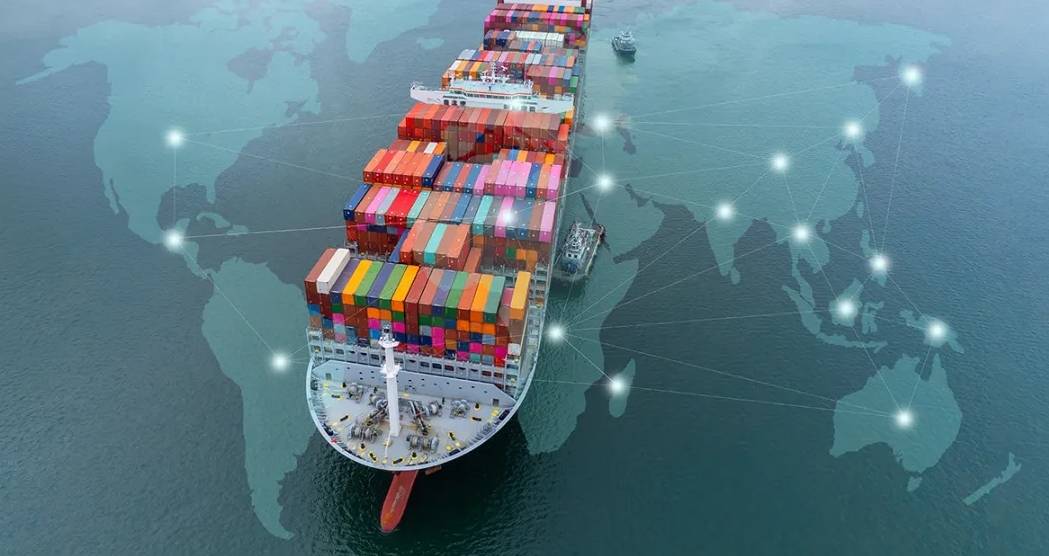Through inventory optimization, GEMÜ Group managed to reduce its transport costs to Brazil by 23%
Logistics costs are one of the major bottlenecks of the Brazilian industry. The National Confederation of Industry (CNI) survey, Challenges to the Competitiveness of Brazilian Exports, released at the end of 2022, identified 43 obstacles to foreign trade, with the cost of international transport, high tariffs charged by ports, and domestic transport costs being the primary ones.
The optimization of inventories is a viable solution to reduce logistics costs, especially in sectors like machinery and equipment that require frequent movement of parts and products. GEMÜ Group, a supplier of valves and control systems, has implemented inventory optimization measures that led to a 23% reduction in their international transport costs to Brazil.
GEMÜ’s Supply Chain Manager, Ureo Pereira, explains that in Brazil, they conducted a study on their regularly used items that could be transported from Europe by sea. They used technology to track their inventory and identify the standard consumption quantities to plan for the long term.
For over 40 years of activity in Brazil, GEMÜ, a German multinational with a factory in São José dos Pinhais (PR) and approximately 130 employees, had relied almost exclusively on air transport. However, due to the rising tariffs, increased fuel costs, and other inflationary pressures during the pandemic, the company decided to diversify its transportation modes to incorporate maritime transport. By doing so, it became possible to bring the necessary parts from the parent company and adapt them to the needs of local customers.
According to the manager, this is a synchronized effort that involves internal teams, suppliers, and customers, with a focus on optimization. He adds that they had always maintained an optimized stock, but with the use of sea transportation, the stock had to be increased while also being well-aligned with the demands of their customers.
The manager celebrates the achievement of a 76% reduction in the cost of international freight for a raw material used in the diaphragm valve (rubber sheet item) through the transition from air to sea modal. This was made possible by importing the material in a refrigerated container, which prevented hardening during transport. Prior to this, air transport was necessary due to temperature control requirements. The reduction in cost was achieved through readjustment of inventory levels and advanced logistics scheduling to ensure equipment availability.
Expanding their stocks turned out to be a good decision, given the current context of raw material shortages that were intensified by the pandemic. Previously, their stock was only sufficient for 45 days, but now they have enough for up to 3 months. Additionally, if there are any unforeseen circumstances, they can always secure space on the next available air shipment.
Following the successful initial maritime shipments, GEMÜ was able to adjust its parts shipment schedule and develop a realistic forecast of volumes, allowing for advanced inventory management and cost containment.

